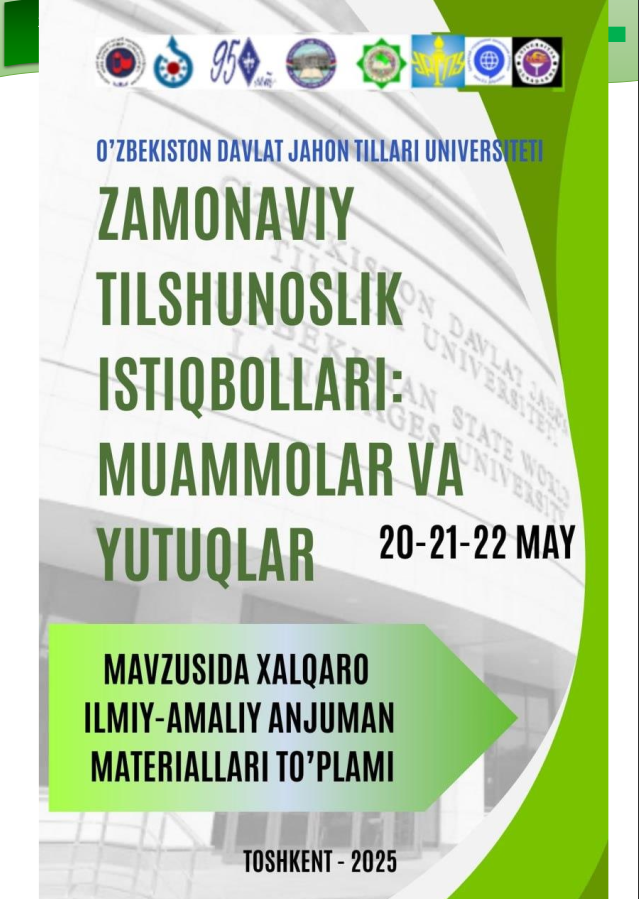MOTIVATING YOUNG LEARNERS IN THE EFL CLASSROOM AT THE UNIVERSITY
https://doi.org/10.5281/zenodo.15590319
Kalit so‘zlar
Language learning, Motivation, University EFL(English as a foreign language) students, UzSWLUAnnotasiya
Motivating EFL students to develop in the target language is very challenging. In many cases, these students face difficulties in learning English and are often demotivated to learn. Research in classroom motivation has found that exact strategies can help these students adopt more positive attitudes and become more motivated in the learning process. This study investigates the perceptions through interviewing students and surveying teachers’ views in an EFL Program of the problems that hinder these students’ learning in the English classes related to motivation. Findings show that learners are not motivated to learn English because of an over-focus on writing skills with very little new learning experiences, uninteresting materials, and unclear links between language courses and their majors or future careers. Results also indicate that teachers complain of unmotivated students and pre-structured syllabi leaving little room for communicative methods.
Foydalanilgan adabiyotlar ro‘yhati
Anderson, R. C., Hiebert, E. H., Scott, J. A., & Wilkinson, L. A. (1985). Becoming a nation of readers. Washington: The National Institutes of Education.
Burden, P. (2004). An examination of attitude change towards the use of Japanese in a university English “conversation” class.
Campbell, J., Smith, D. & Brooker, R. (1998). From conception to performance: how undergraduate students conceptualize and construct essays.
Cheng, H.F. & Dornyei, Z. (2007). The use of motivational strategies in language instruction: The case of EFL teaching in Taiwan. Innovation in Language Learning and Teaching
Dornyei, Z. (1990). Conceptualizing motivation in foreign language learning. Language Learning

